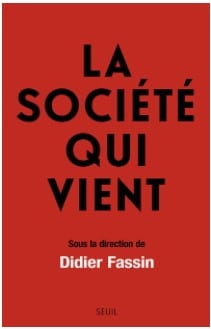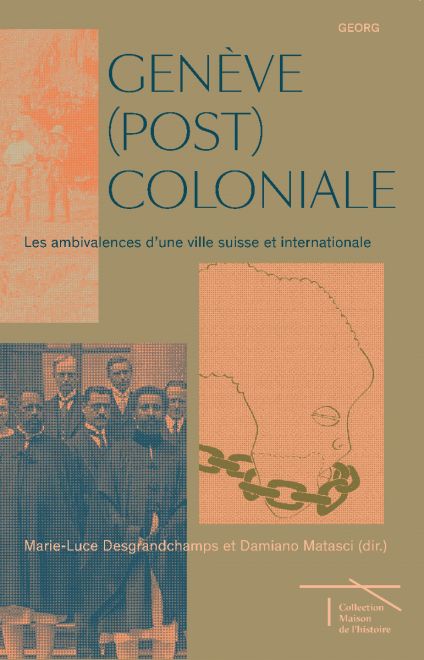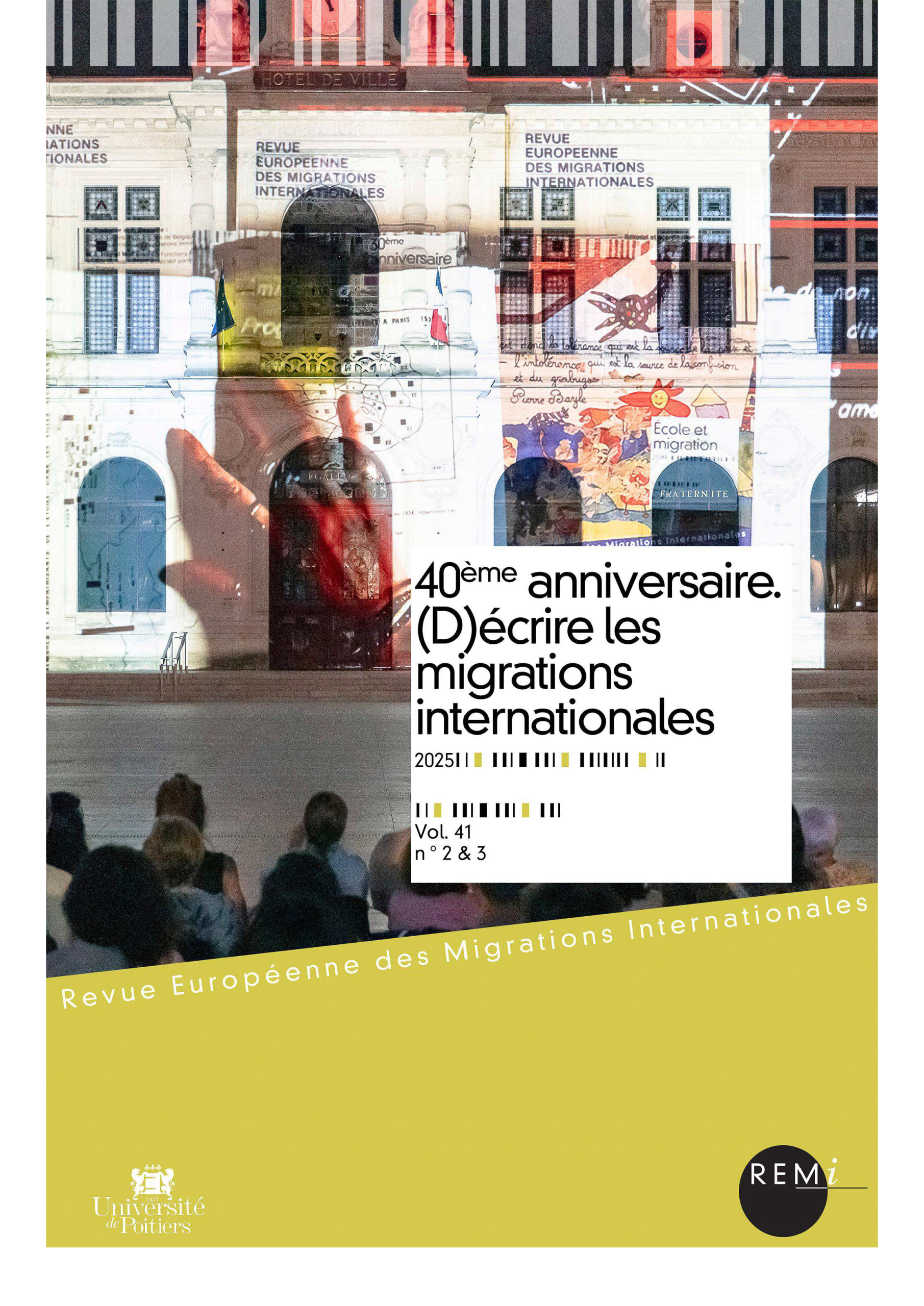Stéphanie Dechézelles - "Occupations

For some years now, no discourse on our society has escaped the "language of crisis". As if the crisis had become a new normal. Migration, pandemics, democracy, capitalism, ecology, the police, gender, ethno-racial issues, secularism, etc. The tools for reading these terms have become obsolete and it is increasingly difficult to see clearly. No theme is spared from confusion.
But what crisis or crises are we talking about? What are its origins? Why a language of crisis? What actions does this language make necessary or, on the contrary, can it thwart? More than an instant of explosion, the crisis remains a social phenomenon from which it is necessary to draw meaning.
Faced with all these crucial issues, Didier Fassin, an internationally-renowned doctor and anthropologist, proposes to examine this "critical moment". The book offers us a surgical diagnosis of the state of our society, overcoming the pitfalls of a statement of fact or a divinatory exercise. And then, because crises are neutralised in public and media debate, and one scandal replaces another, this book is a formidable tool for reawakening awareness and reminding us that the dysfunctions of a society outlive their lack of attention.
Didier Fassin has been able to draw on the work of 63 contributors, from the youngest to the most experienced, whose accurate analysis has enabled us to reconstruct the constellation of social issues that are the source of our concerns.
Share on
Read also


